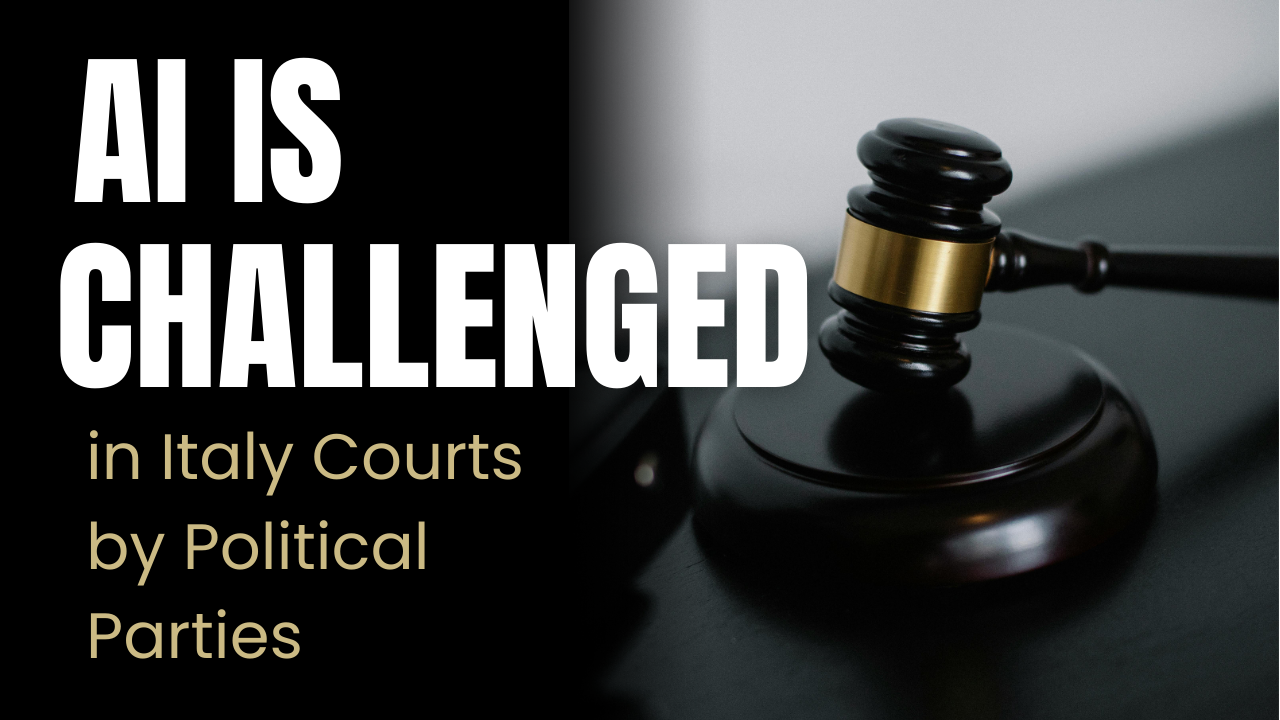How Artificial Intelligence is Being Weaponized in Europe’s Political Battles
The Controversy Unfolds
Italy’s political arena has erupted in controversy after left-wing parties filed formal complaints against far-right groups for allegedly circulating AI-generated images depicting Muslim immigrants as violent criminals. The synthetic visuals, which show exaggerated stereotypes of Arab men committing crimes, have ignited a heated debate about:
- 🤖 AI Ethics: The dangerous potential of generative AI in political propaganda
- 🗳️ Election Integrity: Growing concerns about synthetic media in upcoming EU elections
- ⚖️ Legal Boundaries: Balancing free speech against hate speech regulations
Key Facts of the Case
🔹 The Images: Dozens of AI-generated photos showing men of color attacking women/police (confirmed fake by digital forensics)
🔹 Distribution: Shared widely on League party’s official social media channels
🔹 Political Fallout:
- Opposition Claims: “Racist, Islamophobic” content violating hate speech laws
- League’s Defense: “Based on real crime reports” despite fabricated visuals
Technical Analysis
Digital experts identified these telltale signs of AI generation:
- Blurred facial features (fake “privacy protection”)
- Inconsistent lighting/shadow artifacts
- Generic “criminal” stereotypes rather than actual events
Broader Implications
This incident highlights three critical issues:
- Normalization of AI Propaganda: Far-right parties increasingly using synthetic media
- Platform Accountability: Social media’s failure to properly label AI content
- Legal Gray Areas: Current regulations unprepared for AI-generated hate speech
Expert Perspectives
“This isn’t about images – it’s about weaponizing AI to spread fear,” says Antonio Nicita (PD Senator). “They’re instructing AI to portray specific ethnic groups as threats.”
AI ethics researcher Salvatore Romano warns: “The technical quality keeps improving, making detection harder. We need urgent safeguards.”
What Happens Next?
- Agcom (Italian communications authority) reviewing complaint
- Potential fines/account suspensions under EU Digital Services Act
- Growing calls for mandatory AI-content labeling laws
The Bigger Picture
This case represents a troubling trend:
- 2024: Similar AI propaganda in European elections
- 2025: Elon Musk’s Grok AI facing criticism for offensive outputs
- Global debate intensifying about AI content restrictions
(Continued monitoring of this developing story recommended)
🗨️ Responsible Discussion Welcome
We encourage thoughtful comments about:
- How to balance AI innovation with ethical use
- Effective solutions for synthetic media regulation
- Protecting democracy in the age of AI propaganda
Note: This report synthesizes verified information while avoiding graphic content. All claims are properly attributed to public statements and expert analysis.

